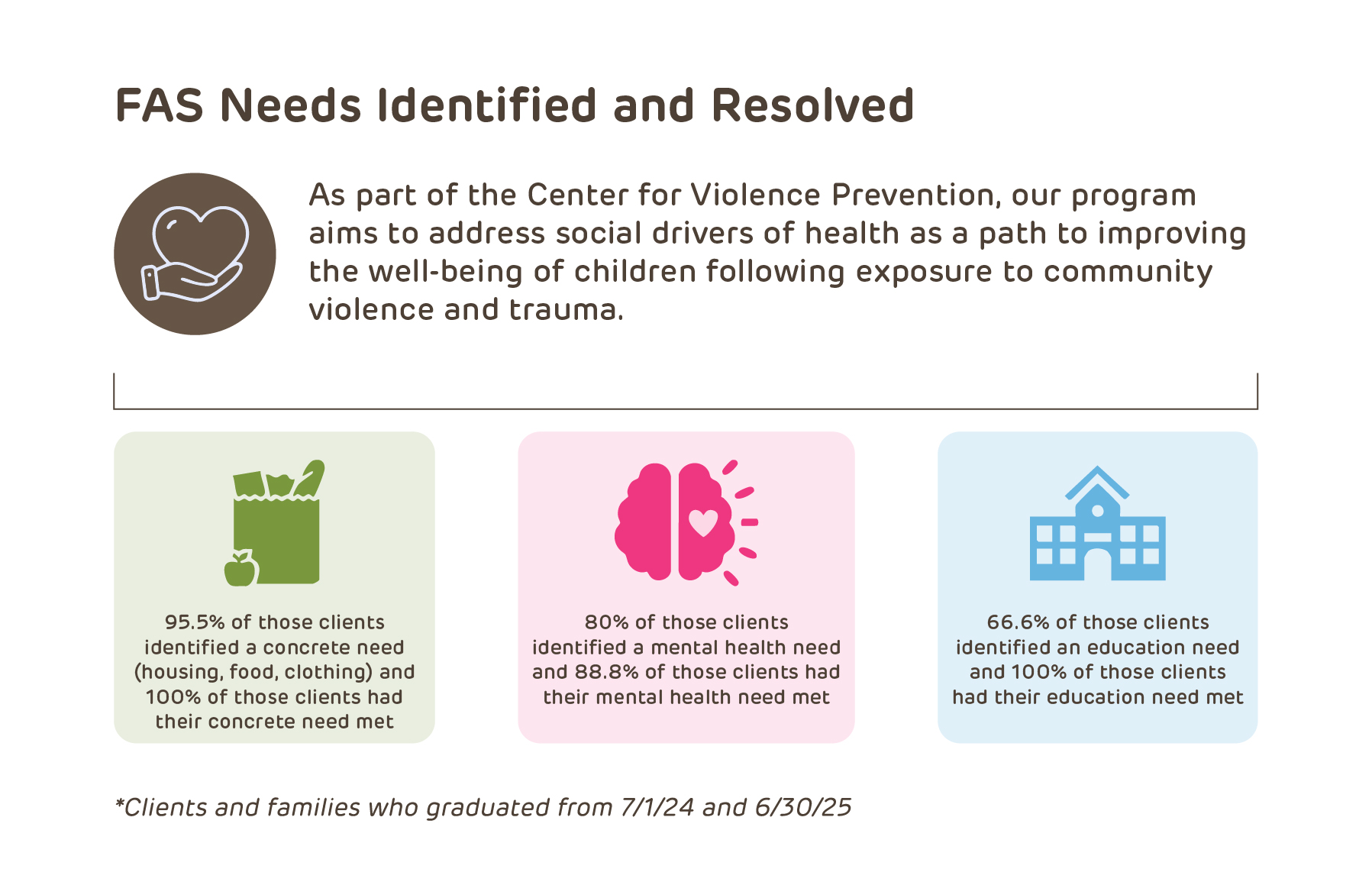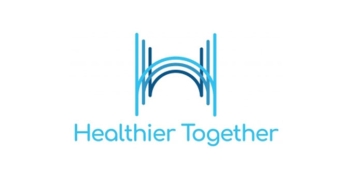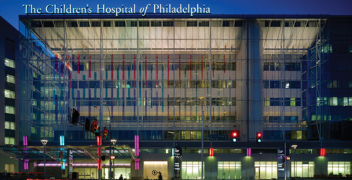What Is Family Advocacy and Support (FAS)?
As part of the Center for Violence Prevention, our program aims to address social determinants of health as a path to improving the well-being of children following exposure to community violence and trauma. Our goal is to prevent the onset of mental health conditions by building resilience and growing protective factors. We work toward this goal by proactively screening, assessing, intervening, and referring youth to supportive community programs and interventions that mitigate the effects of trauma.
How Does FAS Work
Youth ages 8 to 18 who are patients at two CHOP Primary Care Center locations in Philadelphia– Cobbs Creek and Karabots Pediatric Care Center– receive a brief screen to identify recent trauma, loss and/or concrete needs. Based on their responses, their primary care provider may refer them to FAS.
After being referred to FAS, youth are connected to our Assessment Specialist who provides a comprehensive trauma and social needs assessment, which may identify trauma exposure, post-traumatic stress symptoms, depression, and anxiety, suicidality, and/or resource needs. Following the assessment, youth and families are connected with appropriate support and services to address their needs and help foster resilience and healing, including voluntary FAS intensive case management, if appropriate.
Our Assessment Specialist maintains strong communication with primary care providers and social workers to ensure an integrated, coordinated plan for each family. Through a community-based, family-focused approach, FAS case managers support families in navigating complex, complicated systems of care in Philadelphia, addressing concrete needs, and helping children and families recover. Social workers partner with families for three to six months to work toward mutually identified goals. Our team partners with families to explore the best way to meet their individual needs in a culturally appropriate and meaningful way.

Background
In 2019, CHOP created the Healthier Together initiative to address the broader, non-medical factors often linked to health disparities in West and Southwest Philadelphia. The regional Community Health Needs Assessment identified housing, hunger, trauma, and poverty as the four most pressing needs to address children’s health. In 2021, FAS was launched as part of CHOP’s effort to address trauma. Research shows that exposure to community violence and trauma put children at an increased risk for future mental health issues. Selective prevention efforts critically address the needs of individuals and families at heightened risk of adverse outcomes by enhancing protective factors, such as access to basic needs, connection to employment and education, and creating psychosocial safety. By intervening early, the goal is to break the cycle between exposure to trauma, maladaptive coping, and poor mental health outcomes.
Outcomes and Impact
FAS works to support families on the following need domains: Safety, Medical, Mental Health, Education, Employment, Extracurricular activities, Basic/Concrete needs, Identification, Legal, Group support, Insurance, and Public Benefits.
Upon completion of the FAS program, we ask clients to complete our Client Satisfaction Questionnaire, which systematizes collection of client satisfaction and supports the inclusion of client and caregiver voices in quality improvement and evaluation efforts. Systematically we receive feedback from partners and families:
“Because of the help that I gained from this program I can successfully spiritually and emotionally move forward. The social workers went the extra mile for me and my family through our grieving process and after my daughter was injured. They were extremely supportive, answered questions I had and took huge burdens off my shoulders. Because of them we are moving forward as a family. This isn’t the first time I’ve worked with a social worker and not many other social workers work with the heart and dedication that these social workers do. No one has ever been as consistent as they have.” - Caregiver
“I remember one [case] where they [FAS] helped a family get birth certificates after a fire. I was like, 'oh my gosh, so this is in-depth wraparound…really… the most incredible model you could imagine for a family with a significant stressor…I was just impressed with the depth and the detail and the number of resources that were offered.” - Primary Care Provider
"What I think is unique about GRIT is that it has a case management piece of follow up component with families, not just explaining what the program is and we make a referral and then we don't know what happens after that. That there's actually social workers that go out into the home, do in-home services and also follow up with them over time.”- Clinic Social Worker
Select FAS Research and Evaluation Projects
- Family Advocacy and Support Program Qualitative Evaluation
Study Team: CHOP Qualitative Research Core, Caroline Menapace Glavin, Laura Vega, Rachel Myers
Study Sponsor: CHOP Healthier Together
Project Goals: This qualitative evaluation focused on understanding the impact of and opportunities to refine the novel FAS program. The evaluation incorporated perspectives of diverse program interest holders, including primary care providers who referred patients to FAS programs, caregivers who formerly participated in FAS, and FAS staff who provide direct program services.
Resources for FAS Families
- FAS Brochure
Learn more about FAS services by reading our brochure.
Sponsors and Partners
- FAS Sponsors and Partners
- CHOP's Healthier Together Initiative
- Pennsylvania Commission on Crime and Delinquency: FAS is supported by PCCD Subgrant #2022-CV-VI 39773 ,awarded by the Pennsylvania Commission on Crime and Delinquency (PCCD). The awarded funds originate with the Office of Justice Programs, U.S. Department of Justice or U.S. Department of Education or U.S. Department of Health and Human Services. The opinions, findings and conclusions expressed within this publication/program/exhibition are those of the author(s) and do not necessarily reflect the views of PCCD or applicable federal agency.
We are proud to partner with many community-based programs to support the comprehensive needs identified by youth and families. This holistic approach aligns with our desire to enhance the overall health and well-being of children and families within Philadelphia.






